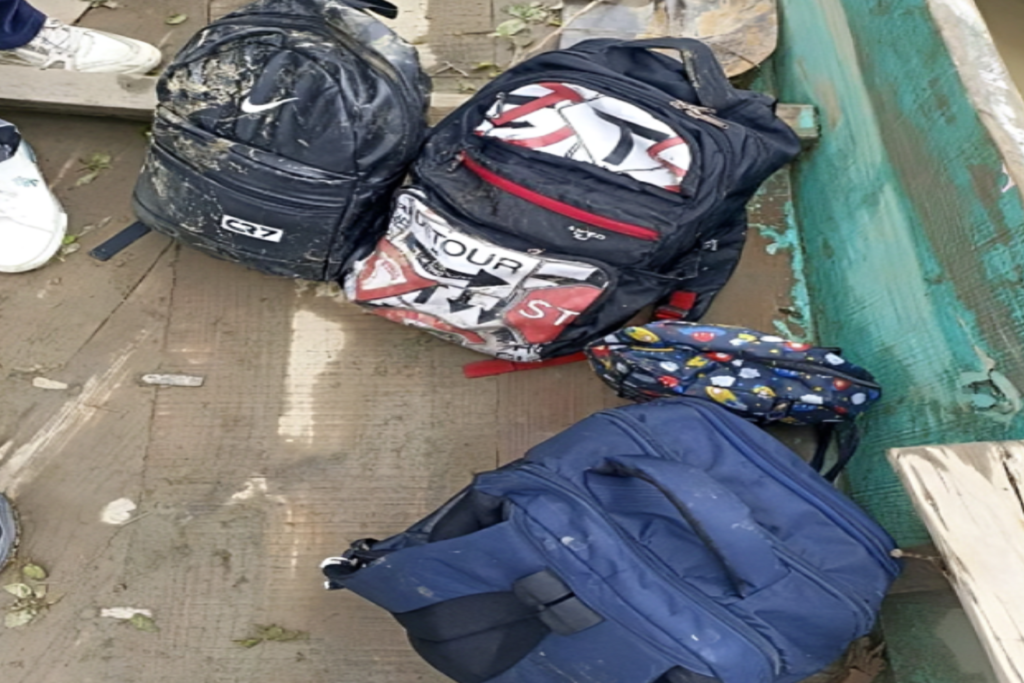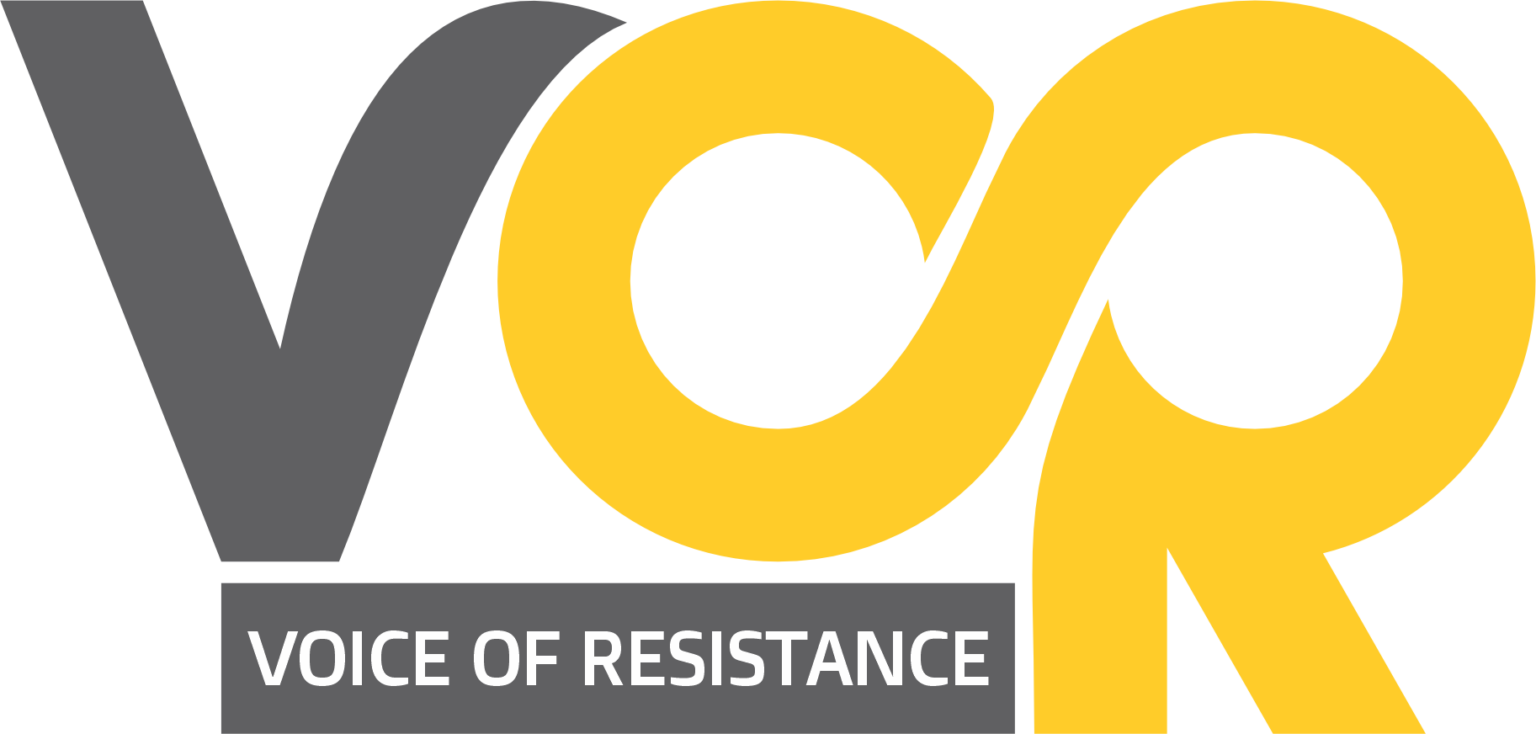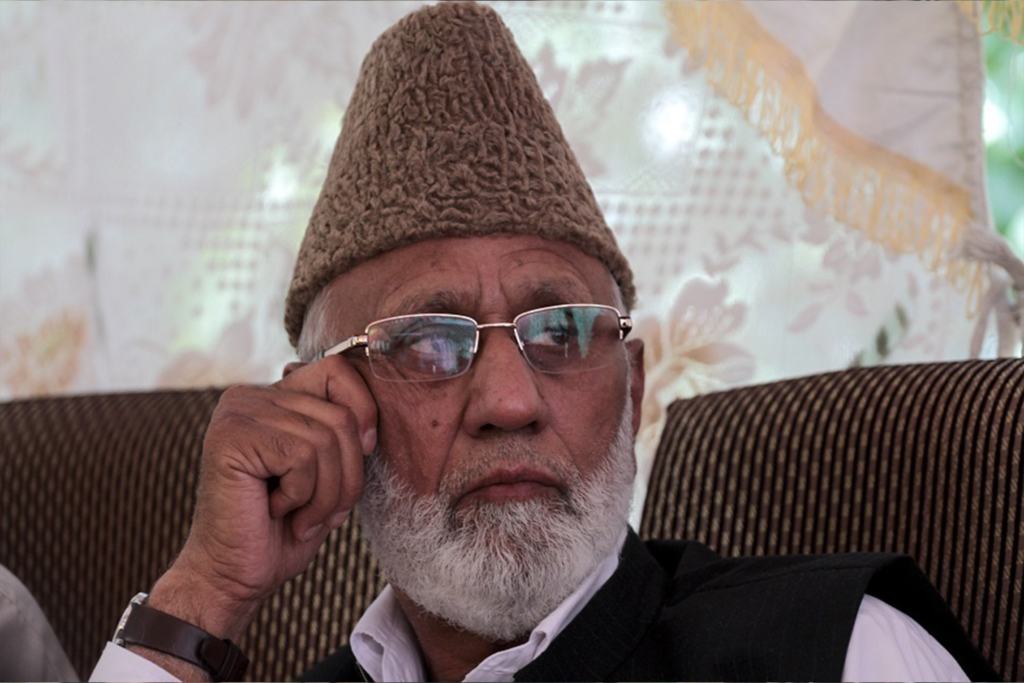
BLACKING OUT EVEN TRAGEDIES:
MEDIA AS MOUTHPIECE OF THE OPPRESSORS
Muhammad Saqib
On 11 April, Kashmir woke up to a tragedy and went into a state of mourning. A boat ferreying people in Gandbal Batwara area of the Srinagar city capsized and several people, mostly teenage school-going children, died due to drowning in river Jhelum. As I am writing this report, the dead bodies of more than two children are yet to be retrieved from the waters of Jhelum and the whole region is in a state of shock. People across the earstwhile princely state took to social media and heavily castigated the military administration’s “smart city” project while failing to build basic infrastructure on Kashmiri tax payers’ money. People also highlighted the fact that work on a footbridge connecting Gandabal with Batwara Badamibagh was initiated over a decade ago and has still not been completed due to neglohence by the authorities and house negros in the valley. They criticized the administrations attempt to showcase “smart city” by superficial ornamentation and beautification of military bunkers to G20 members last year while the inhabitants of the state face hardships due to the lack of basic facilities. Following this widespread criticism, journalists in the valley reportedly received a directive from Manoj Sinha’s office to minimize coverage of the tragedy. The news was to be blacked out or given minimal coverage in print and electronic media. Initially skeptical, I found that the news was indeed true when Kashmiris checked local English and Urdu dailies the next morning. Nearly all newspapers had blacked out the news and failed to cover this significant Kashmiri tragedy in the manner it deserved. This incident further proved the complete surrender of Kashmir media outlets and Indian state’s increasing grip over the institution in the valley. Kashmir media outlets have now become the “government” mouthpieces and every news that comes out from the region goes through multiple filtering process.
Indian state has employed a number of social media influencers to replace the independent and unbiased jouirnalism in the valley. These “influenzers” without any degrees in the relevant field have been installed to create a mess, construct and propagate Indian narrative on the region and bury any atrocities perpetrated against the population of the state.
The situation in Kashmir gives us an idea of how the deeply troubling role media plays as a tool of suppression and control. Journalists, who are meant to be the watchdogs of democracy, have compromised their ethics and moral responsibilities in the region. Instead of providing unbiased and comprehensive coverage, they are being coerced into toeing the government line and suppressing stories that are critical or inconvenient to the military adminstartaion. This self-censorship and government control over media not only undermines the credibility of journalists but also deprive the public of their right to accurate and timely information. The stifling of voices and censorship of news reflects a broader pattern of authoritarianism and repression, where freedom of the press is sacrificed for political expediency. In such an environment, the role of independent journalism becomes even more crucial to hold those in power accountable and to give voice to the voiceless.




